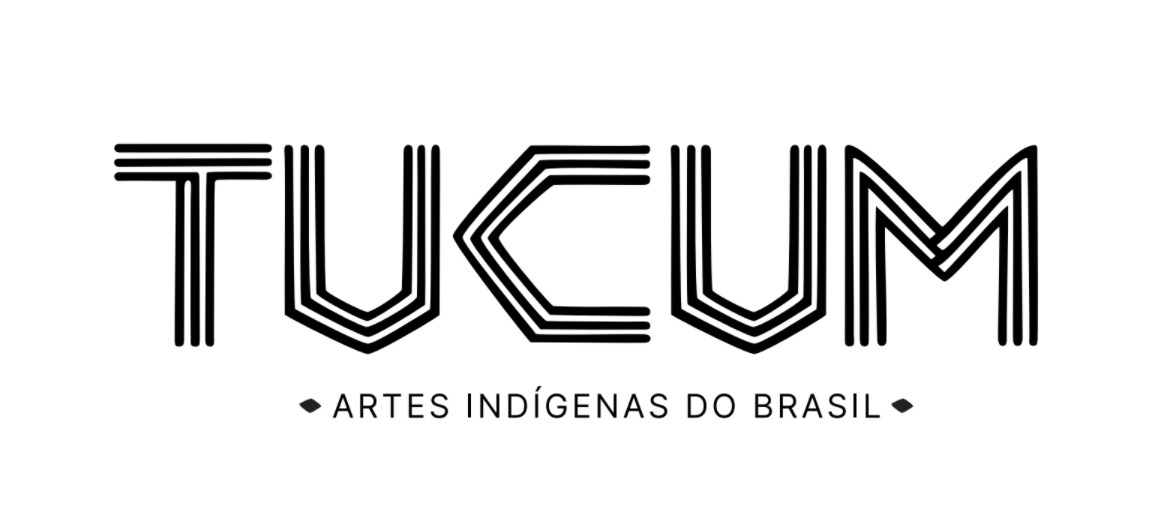

Tucum Comércio e Serviços Socioambientais

Rio de Janeiro, Brazil
April 2022
Jewelry & related articles
Wholesale/Retail
Brazil
Hoje no Brasil temos o privilégio de sermos conterrâneos e contemporâneos de centenas de povos indígenas. De testemunhar em seus olhos, suas lutas e suas culturas do que talvez seja o maior exemplo de resistência que a humanidade já conheceu. Esta resistência se materializa na arte, no artesanato. Cada cesto, cada pulseira, cada pintura carrega consigo esta marca. De tão lindos nos ensinam que a beleza, cuidadosamente tramada à mão, é um agente que forma e transforma a sociedade. Se são feitos hoje é porque seus sabedores seguem re-existindo. Nós, da Tucum, decidimos estar ao lado deles. Fazer de suas lutas as nossas para diminuir o abismo entre a riqueza e potência dos povos originários deste país e a maneira como são vistos e reconhecidos pela sociedade, ainda impregnada de estereótipos e preconceitos que perpetuam a opressão histórica contra seus corpos e territórios. Quem veste suas artes sente a força que elas carregam. O futuro é agora! Para nos mantermos vivos precisamos da floresta em pé e para isso, é preciso que seus guardiões estejam em pé junto com ela. Seguimos na luta para que os modos de vida dos povos indígenas sejam respeitados, que seus direitos e territórios estejam assegurados. A Tucum te convida a fazer parte deste manifesto e a ser um aliado na valorização.
Overall B Impact Score
Governance 18.1
Governance evaluates a company's overall mission, engagement around its social/environmental impact, ethics, and transparency. This section also evaluates the ability of a company to protect their mission and formally consider stakeholders in decision making through their corporate structure (e.g. benefit corporation) or corporate governing documents.
What is this? A company with an Impact Business Model is intentionally designed to create a specific positive outcome for one of its stakeholders - such as workers, community, environment, or customers.
Community 69.5
Community evaluates a company’s engagement with and impact on the communities in which it operates, hires from, and sources from. Topics include diversity, equity & inclusion, economic impact, civic engagement, charitable giving, and supply chain management. In addition, this section recognizes business models that are designed to address specific community-oriented problems, such as poverty alleviation through fair trade sourcing or distribution via microenterprises, producer cooperative models, locally focused economic development, and formal charitable giving commitments.
What is this? A company with an Impact Business Model is intentionally designed to create a specific positive outcome for one of its stakeholders - such as workers, community, environment, or customers.
Environment 5.1
Environment evaluates a company’s overall environmental management practices as well as its impact on the air, climate, water, land, and biodiversity. This includes the direct impact of a company’s operations and, when applicable its supply chain and distribution channels. This section also recognizes companies with environmentally innovative production processes and those that sell products or services that have a positive environmental impact. Some examples might include products and services that create renewable energy, reduce consumption or waste, conserve land or wildlife, provide less toxic alternatives to the market, or educate people about environmental problems.
Customers 5.8
Customers evaluates a company’s stewardship of its customers through the quality of its products and services, ethical marketing, data privacy and security, and feedback channels. In addition, this section recognizes products or services that are designed to address a particular social problem for or through its customers, such as health or educational products, arts & media products, serving underserved customers/clients, and services that improve the social impact of other businesses or organizations.
What is this? A company with an Impact Business Model is intentionally designed to create a specific positive outcome for one of its stakeholders - such as workers, community, environment, or customers.